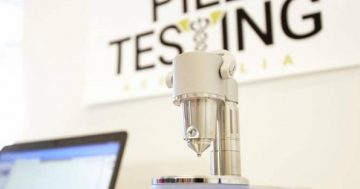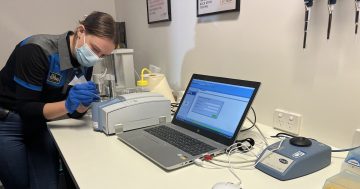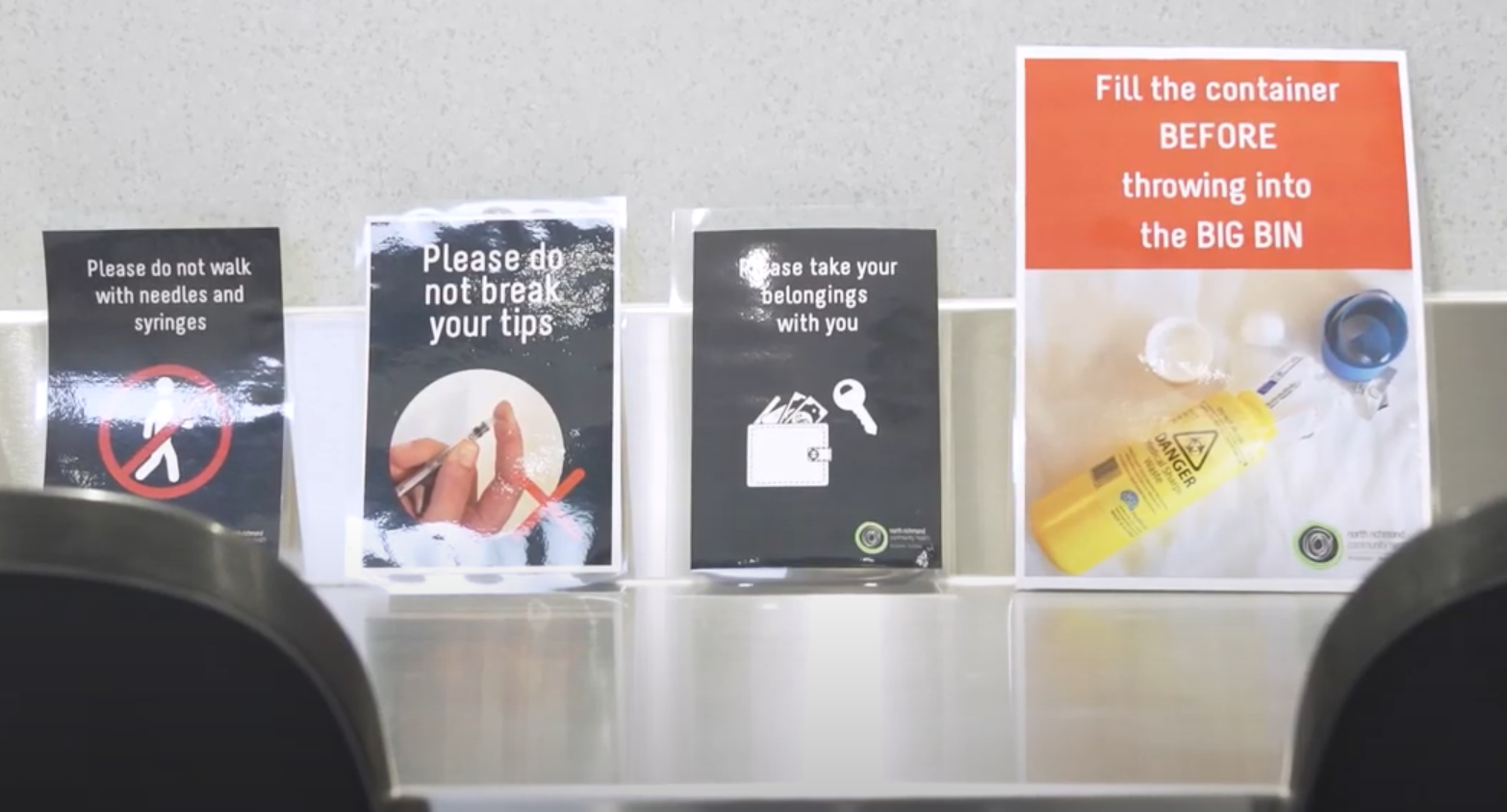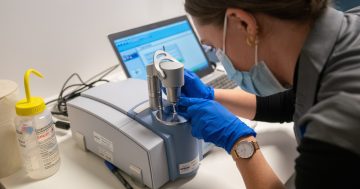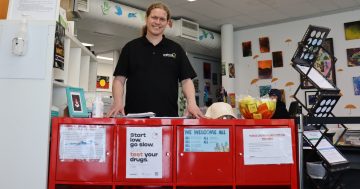
With the release of the Pill Testing Australia’s detailed report outlining the results of Australia’s second pill testing trial at April’s Groovin’ the Moo music festival, it’s difficult to understand why there is still a reticence to introduce regular pill testing.
As uncomfortable as it makes many people feel, we know that there is significant drug-taking at music festivals.
We have seen the tragic results of when this goes wrong, with a number of deaths at music festivals across Australia last summer. This second trial has once again demonstrated that pill testing can reduce some of the risks being taken by festival patrons and can save lives.
Thanks to the learnings of the first trial, this trial was easier to prepare for and involved organisations that had already participated the first time around.
The report noted that despite little signage, more than 200 people made their way to the pill testing tent this year and 174 samples were tested. More than 20 of the participants of the trial were under the age of 18. While 147 of the participants thought they had Ecstasy/MDMA in their possession, one-third of these people discovered that the substance they had was not relatively pure.
Every one of the seven people who were informed that their pills contained the lethal substance N-ethyl pentylone discarded these pills.
Every patron who presented at the service received health warnings and safety information. Some patrons reported that they presented to get their pills tested after friends who had already had substances tested reported the results and increased their concerns about what might be in pills that were purchased from the same source.
While we know that pill testing will not stop all people taking illegal drugs, we now have additional evidence that pill testing provides an opportunity for health professionals to engage with people about the risks of their drug-taking prior to taking these drugs and this engagement can change their intentions and actions. In some instances, this information has resulted in people discarding very dangerous substances that they had been planning to ingest.
We know that these trials have probably saved lives – and not just those who presented at the service. As the report notes, an additional benefit of the service was its ability to work closely with ACT Medical Services at the festival, which saw the real-time exchange of information between all parties. This means that there was good information held by medical professionals dealing with other patrons who were potentially adversely affected by drugs circulating at the festival.
So while other jurisdictions struggle to get the elements in place to even run a trial, here in the ACT we must contemplate how we make this regular and routine. The report unsurprisingly makes calls for regular pill testing to be part of other music festivals, as well as delivering pill testing in other settings including the idea of a permanent pill testing facility. This echoes calls from advocates such as the Alcohol, Tobacco and Other Drugs Alliance (ATODA) to establish a permanent pill testing facility.
And while we are still waiting on the results of the independent evaluation that will be released later in the year, the evidence we already have suggests that we should move swiftly to introduce pill testing.
I think it’s important to introduce regular pill testing services to ensure we don’t see situations where a life is lost due to a bad decision. What do you think?
Rebecca is a member of the Board of the Canberra Alliance of Harm Minimisation and Advocacy.












